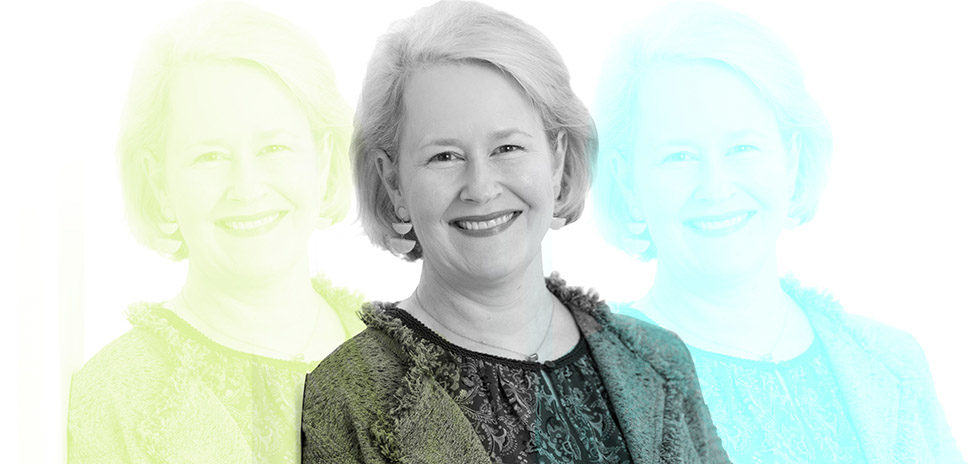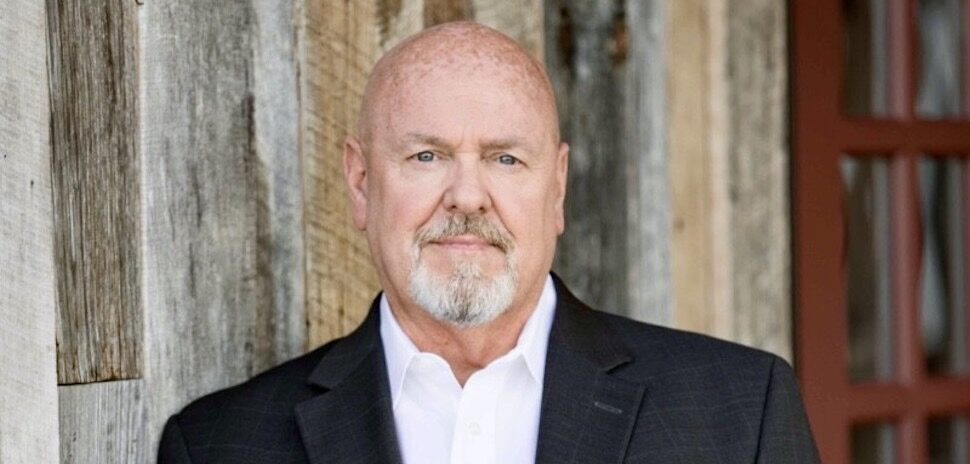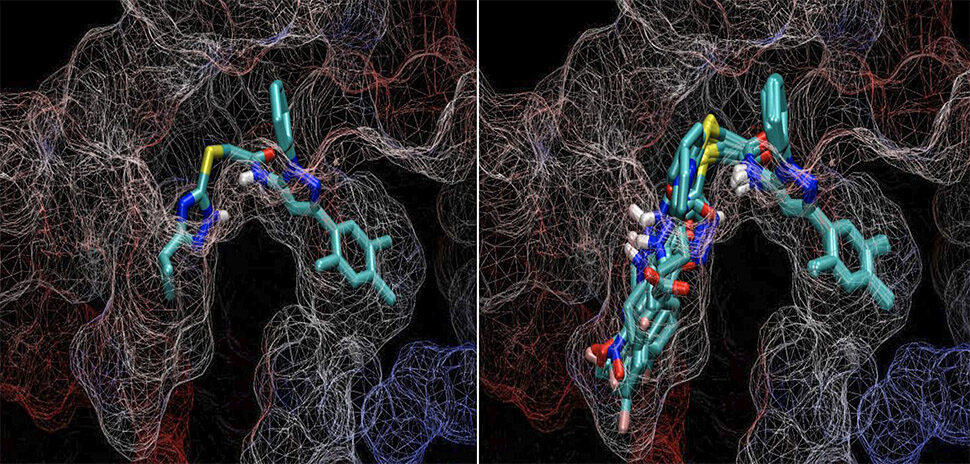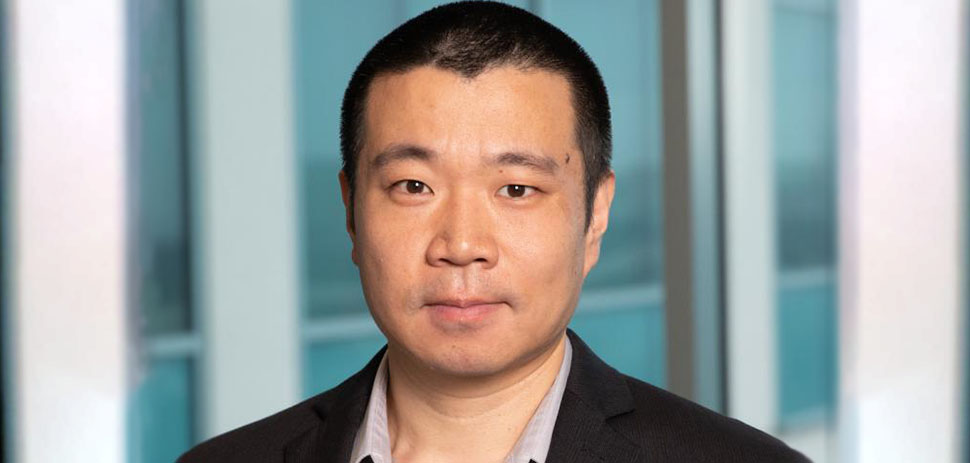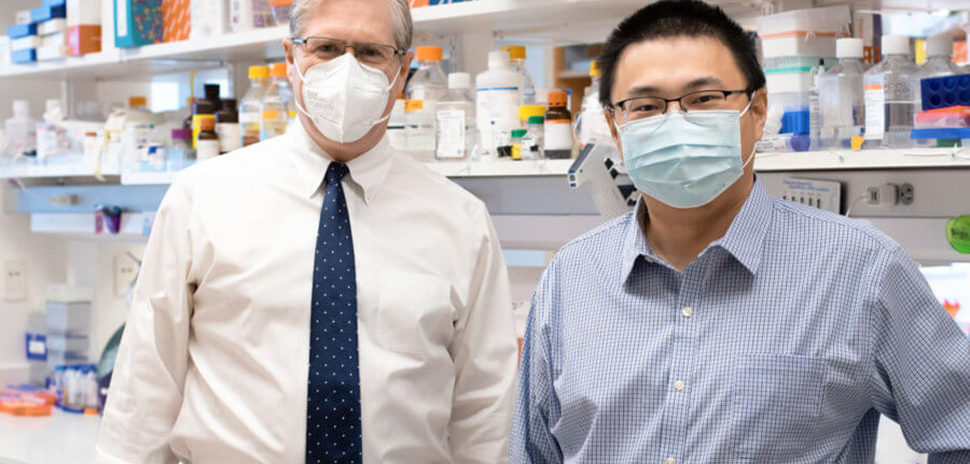![]() Every week, we do a little research of our own. We’re looking for scientists, professors, engineers, entrepreneurs—anybody, really—engaging in research and development across North Texas.
Every week, we do a little research of our own. We’re looking for scientists, professors, engineers, entrepreneurs—anybody, really—engaging in research and development across North Texas.
There’s plenty of good work being done. If you want to put R&D under your microscope, sign up for our e-newsletter.
UTSW says regenerating damaged heart cells may be possible
Scientists at UT Southwestern Medical Center in Dallas have discovered that switching what powers our heart cells could help the heart regenerate when cells die.
UTSW said the discovery could open new avenues for the treatment of various conditions that permanently damage the heart muscle, such as viruses, toxins, high blood pressure, or heart attacks. That’s important because there currently aren’t any existing treatments for rebuilding heart tissues.
UT Southwestern physician-researcher Hesham A. Sadek, the J. Fred Schoellkopf Jr. chair in Cardiology, said that current pharmaceutical treatments for heart failure (including ACE inhibitors and beta blockers) focus on trying to stop a “vicious cycle” of heart muscle loss as strain further damages remaining heart muscle, causing more cells to die.
Years ago, Sadek and his colleagues found that mammalian hearts can regenerate if they’re damaged in the first few days of life. But that regenerative ability is gone after seven days.
UNT professor develops tech to better diagnose cancers
A professor at the University of North Texas has developed technology that will give doctors a new way to determine if a cell is cancerous by measuring its thermal properties.
Tae-Youl Choi, a professor in the College of Engineering, has developed a sensor technology that will allow for a faster, more reliable diagnosis of cancerous or precancerous cells. With the new technology, physicians should be able to determine the boundary between cancerous and healthy tissue in real time during surgery rather than removing the tissue from around a tumor for later lab testing.
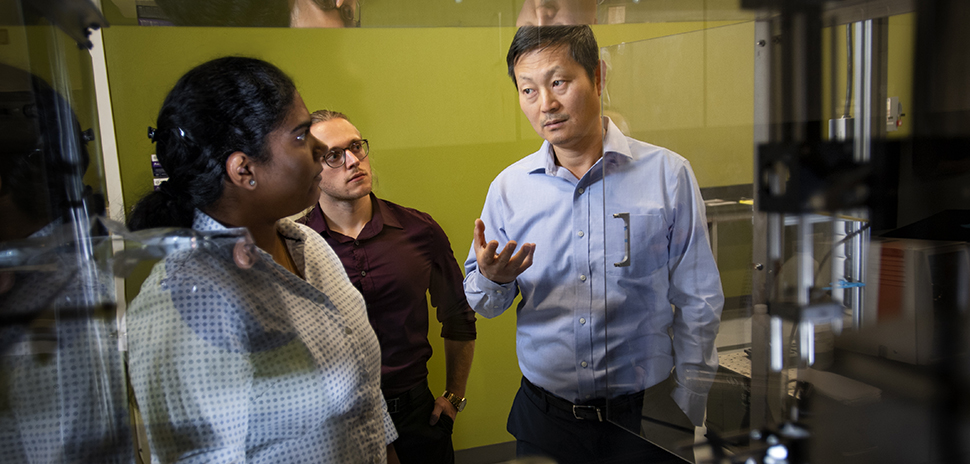
UNT Mechanical and Energy Engineering associate professor Tae-Youl Choi (right) focuses his research on thermal and fluid science. [Photo: Ahna Hubnik/UNT]
“Instead of taking the temperature of the patient, I am sort of taking the temperature of their cells,” Choi said in the statement. “Thermal properties of healthy cells change as they become cancerous.”
Choi recently was awarded more than $300,000 through a National Science Foundation grant to continue his research.
The latest development comes after he asked whether human cells would have similar properties to materials such as water and protein, and if thermodynamic principles would apply. Choi found that by measuring thermal conductivity, a material’s ability to conduct heat, and thermal diffusivity (the rate of transfer of heat from the hot end to the cold end of a material), he could detect cancer in cells.
Patented in 2010, UNT said its research and commercial agreements office is looking forward to finding a company willing to move this tech from Choi’s lab to doctors’ offices and hospitals so patients can begin benefiting from the new tool.
![]()
Get on the list.
Dallas Innovates, every day.
Sign up to keep your eye on what’s new and next in Dallas-Fort Worth, every day.


